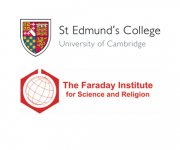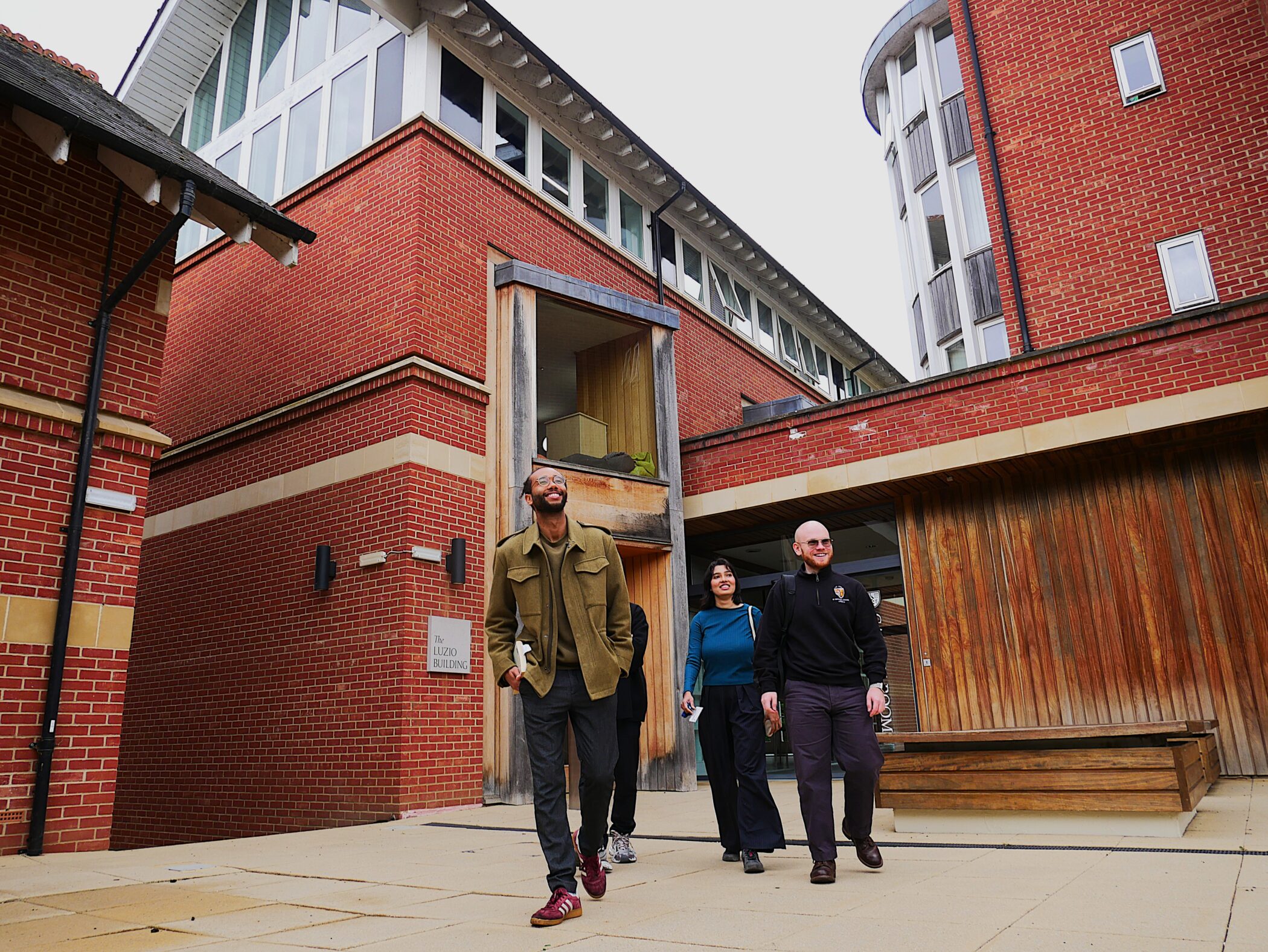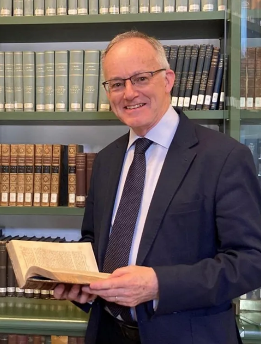The Faraday Institute, a research centre founded in 2006 as part of St Edmund’s College Cambridge, is becoming an independent organisation from 1 October 2018.
The Faraday Institute was established to explore matters of science and faith between scientists and people of all faiths and none. Having grown in size and developed a number of successful programmes of research and education, it is going to become a standalone to enable it to develop further.
The new Faraday Trust is accommodated in a new building on the Westminster College campus in Cambridge as an independent educational charity. Its aims are to research and improve public understanding of issues in science and religion.
‘We are excited by the prospects that our independence and growth will provide us’ said Professor Bob White, co-founder and Director of the new organisation. ‘We have made substantial contributions to research and education in the field, and look forward to an exciting future in our new form’.
‘St Edmund’s College is delighted by the successes of the Faraday Institute and we wish the new Faraday Trust well in the future. We hope to continue working closely together and that our organisations will remain linked,’ said Matthew Bullock, Master of St Edmund’s.
Background information – for editors
Aims of the Faraday Trust
The Faraday Trust for Science and Religion is an educational charity which exists to govern and finance the work of The Faraday Institute.
The Trust’s objects are, for the public benefit: to advance education in the field of science and religion by carrying out research in all aspects of that subject; publishing the useful results in academic journals and books; and improving the public understanding of issues in the field of science and religion. This is achieved through disseminating research results beyond academia and through lectures, courses and the publication of other educational resources.
The Charity has a Christian ethos, and accordingly in furthering the above objects the main focus of its research work is on the relationship between science and the Christian faith. It emphasises the education of the Christian community in issues of science and faith, but also welcomes and seeks to engage with those of any faith or none.
Building the Faraday Trust’s research portfolio
In line with their mission, they aim to achieve a balanced portfolio of research projects across the entire domain of science and religion. Ideally, they will strike a balance across a number of intersecting dimensions, including major science and humanities disciplines (physics, biology, human sciences, philosophy, theology and ethics), levels of technical application (pure sciences to applied technologies), and scales of challenge and impact (big enduring questions versus more recent topical questions).
Influencing society
The Faraday Trust is also committed to influencing society, both in terms of disseminating the results of their research to an international audience, but also in educating, training and inspiring different groups of people regarding the compatibility of good science and good theology, including, where appropriate, the use of new media to reach an emerging generation of thinkers and influencers.
Background of St Edmund’s College Cambridge
St Edmund’s was originally founded in 1896 by the 15th Duke of Norfolk. It is one of the 31 constituent colleges of the University of Cambridge and is the second oldest of the four Cambridge colleges oriented to mature students (all students are over 21. The College has some undergraduates but most are studying for a masters or doctorate. The College has a particularly international student body and has recently embarked on developing a range of new facilities for students including the new development of 272 rooms at Mount Pleasant Halls, due to come on stream in the summer of 2019.
More information
If you would like any more information, or to discuss any aspects of our work, please contact:
Professor Bob White FRS
Woolf Building
Westminster College
Madingley Road
Cambridge
CB3 0UB
Email: rsw1@cam.ac.uk
Mr Matthew Bullock, Master
St Edmund’s College
Mount Pleasant
Cambridge CB3 0BN
Email: masters.office@st-edmunds.cam.ac.uk
Phone: 01223 336250





